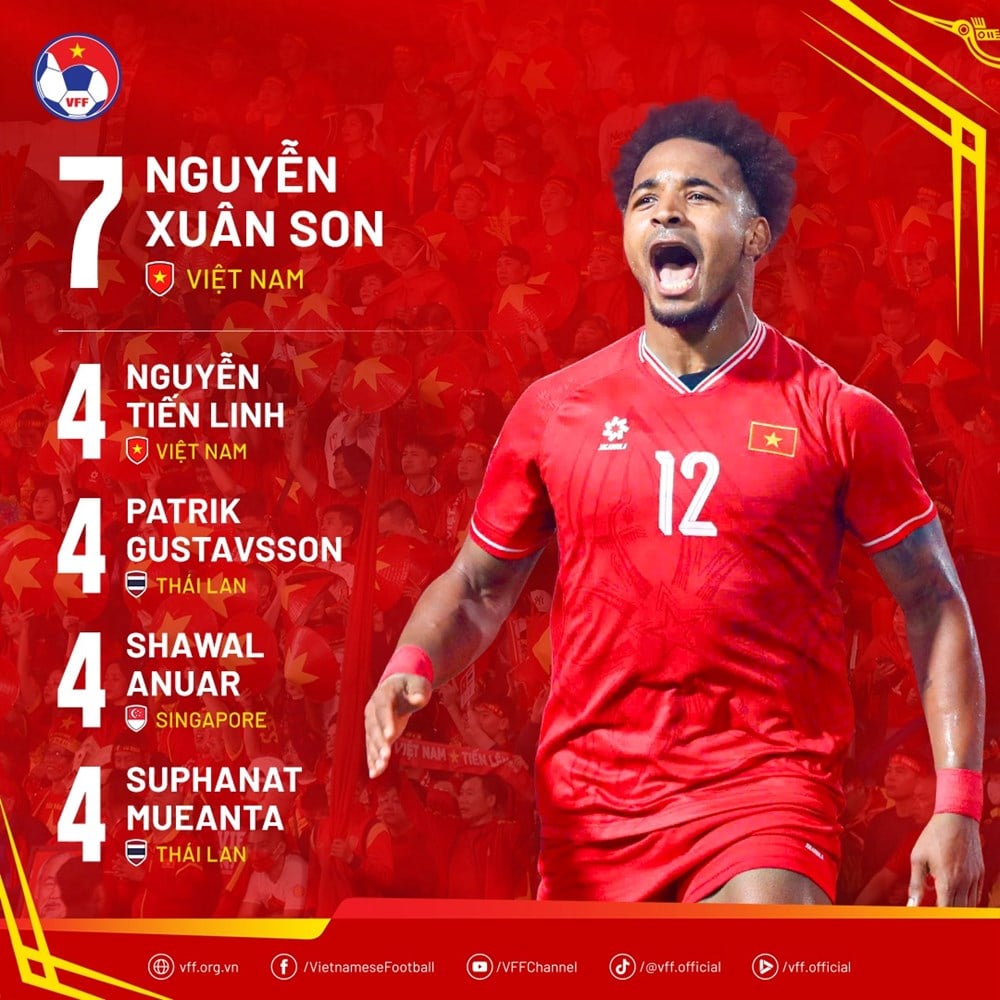
Success from open thinking
In recent years, Southeast Asian teams such as Indonesia, Malaysia and the Philippines have made great strides on the regional football map, thanks to a strong and proactive policy in recruiting players with homeland roots living abroad.
Indonesia is a prime example. Since 2020, the Football Association of Indonesia (PSSI) has launched a large-scale campaign to find and naturalize players of Indonesian origin, mainly in the Netherlands.
In just a few years, dozens of players born and trained in Europe have donned the national team jersey. They not only brought superior physique, speed and technique but also raised the tactical thinking of the entire team. Thanks to that, Indonesia entered the round of 16 of the Asian Cup 2023 for the first time and are competing for a place in the final qualifying round of the World Cup 2026.
Similarly, Malaysia has also been successful thanks to its policy of naturalizing players of European and South American descent . Notably, in the 4-0 victory over Vietnam in the 2027 Asian Cup qualifiers, the Malaysian squad had up to 9 naturalized players. They have helped Malaysia completely transform itself compared to itself during more than a decade of frequent defeats to Vietnam.
In women's football, the Philippines became an Asian phenomenon when they participated in the 2023 World Cup for the first time and won a historic victory over New Zealand. Contributing greatly to that miracle were the players of Filipino origin who were born, raised and trained in the US.
Why can't Vietnam do it?
In contrast to the wave of reinforcements from outside the regional teams, Vietnam is still struggling to find, recruit and use overseas Vietnamese players. Although the overseas Vietnamese community is relatively large, the number of high-quality overseas Vietnamese players playing for the national team is still very modest. There are many reasons to explain this situation, including both objective and subjective factors.
Objectively, the number of Vietnamese players playing in top European leagues is very limited. While Indonesia has dozens of mixed-race players in the Netherlands who have been trained at academies such as Ajax and PSV, Vietnam only has a few prominent names such as Filip Nguyen (Czech Republic), Patrik Le Giang (Slovakia), Lee Nguyen (USA) or Ibrahim Maza (Germany).
Subjectively, Vietnamese football does not have a systematic strategy to attract overseas Vietnamese players. We have not established a scouting system abroad, lack information channels connecting with the overseas Vietnamese community and do not have a policy to actively support players who want to naturalize.
Many players have the desire to play for the national team but have not completed the procedures for many years, or have not received clear signals from the responsible unit, so they have given up. For example, goalkeeper Filip Nguyen waited nearly 9 years to be granted Vietnamese citizenship.
Meanwhile, Ibrahim Maza is one of the most notable young talents of Vietnamese origin in Germany who chose to play for the Algerian national team after not having any official contact from Vietnam. Many other cases such as Lee Nguyen, Patrik Le Giang, Jason Pendant... have also expressed their desire to contribute to Vietnamese football but have fallen into silence or been stuck in procedures. Besides, the mindset of "prioritizing domestic players" that has existed for a long time is also an invisible barrier.
In order not to be left behind in the race of combining internal and external resources, Vietnamese football needs a new, comprehensive and systematic strategy to attract, integrate and develop overseas Vietnamese players. Firstly, it is necessary to create conditions for the establishment of an international scouting department under the VFF. This unit needs to build a complete database of Vietnamese players around the world , especially in France, Germany, the US, Russia, the Czech Republic, Australia, etc. At the same time, coordinate with domestic clubs, embassies and the Vietnamese community to early detect and approach promising talents.
Second, improve the naturalization process. Authorities should simplify legal procedures for qualified Vietnamese players. Facilitate their ability to hold dual citizenship (if permitted by law), and provide a separate support mechanism for those who truly wish to play for the Vietnamese national team.
Third, increase opportunities for overseas Vietnamese players to try their hand. Vietnamese football should organize summer training camps, friendly tournaments or invite overseas Vietnamese players to try their hand at the national U19 and U23 teams. This not only helps to evaluate their abilities, but also creates an environment for them to get acquainted with the culture and football environment in the country.
Fourth, support integration and enhance experiences. Fifth, change the approach mindset. It is time for Vietnamese football to abandon the fear of using mixed-race or naturalized factors. The important thing is not where they were born, but whether they have the ability and desire to contribute to the team or not. The lesson from Nguyen Xuan Son, a Brazilian-born player who was naturalized as a Vietnamese and then became the top scorer of the ASEAN Cup 2024, is clear proof that if the right person is chosen, Vietnamese football will benefit.
In the context of regional teams accelerating thanks to policies to attract players of foreign origin, Vietnamese football cannot stand aside. Discovering, selecting and integrating high-quality overseas Vietnamese human resources is not only a temporary solution, but needs to become part of a long-term development strategy.
To do so, we need to be more proactive, flexible and courageous in our actions, policies and mindset changes. Only then can the national team keep up with the times and be competitive at the continental level.
Source: https://baovanhoa.vn/the-thao/vi-sao-chua-tan-dung-tot-nguon-cau-thu-viet-kieu-143187.html



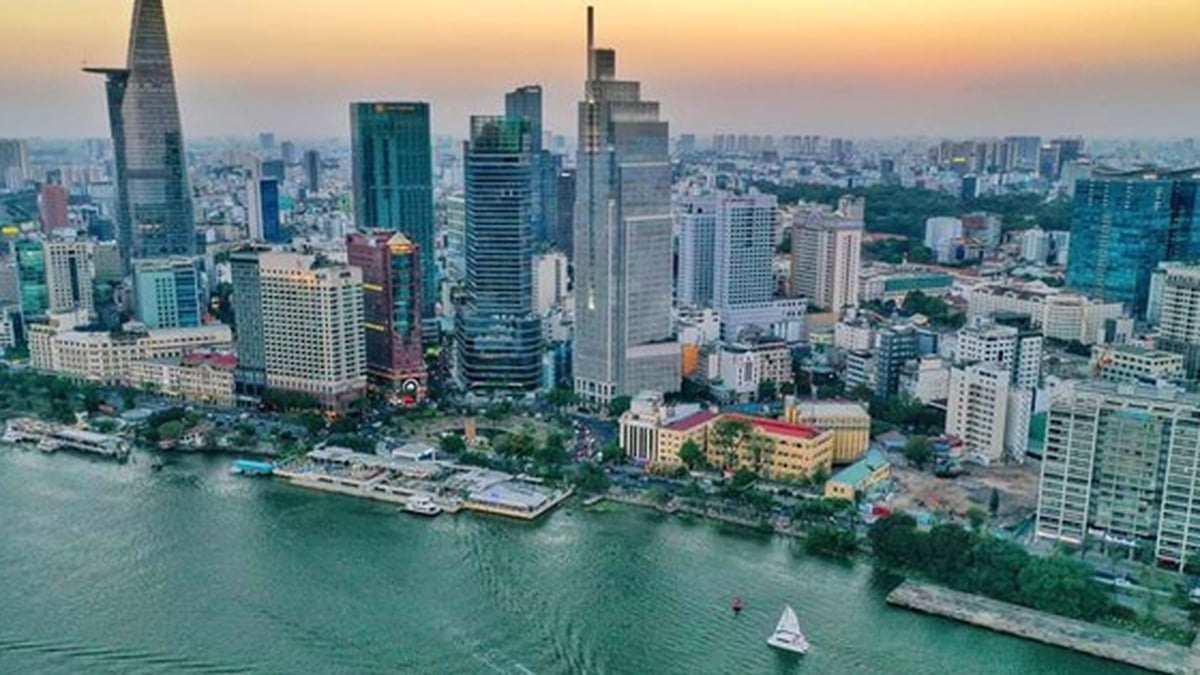
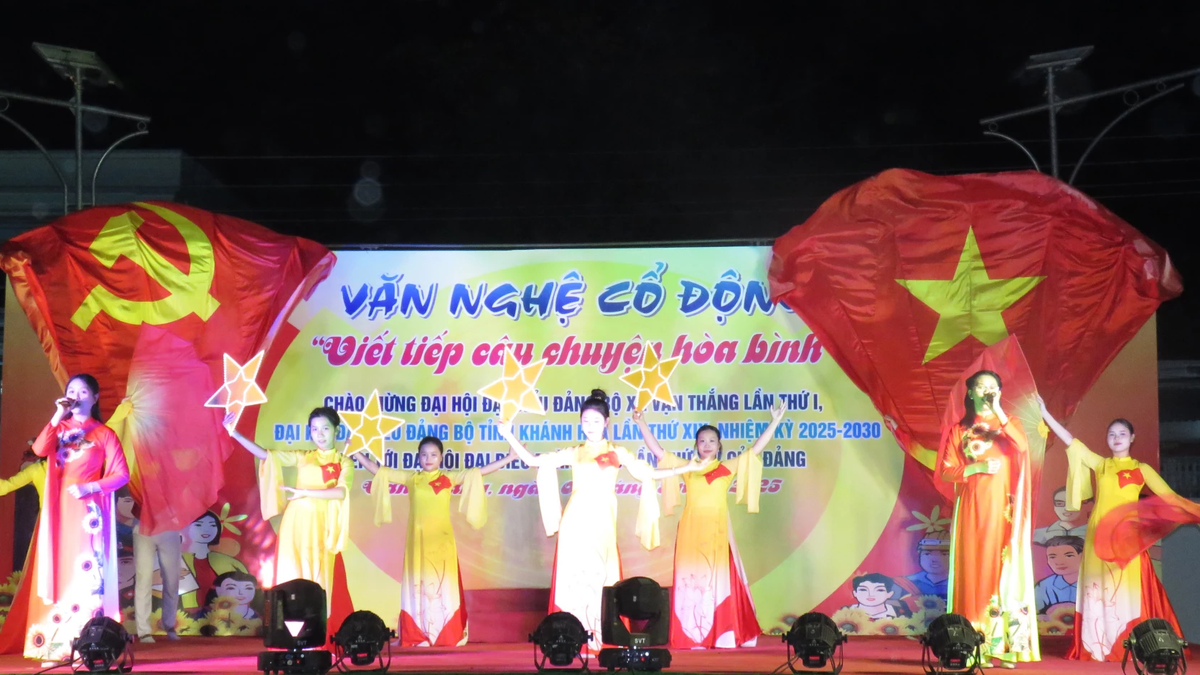
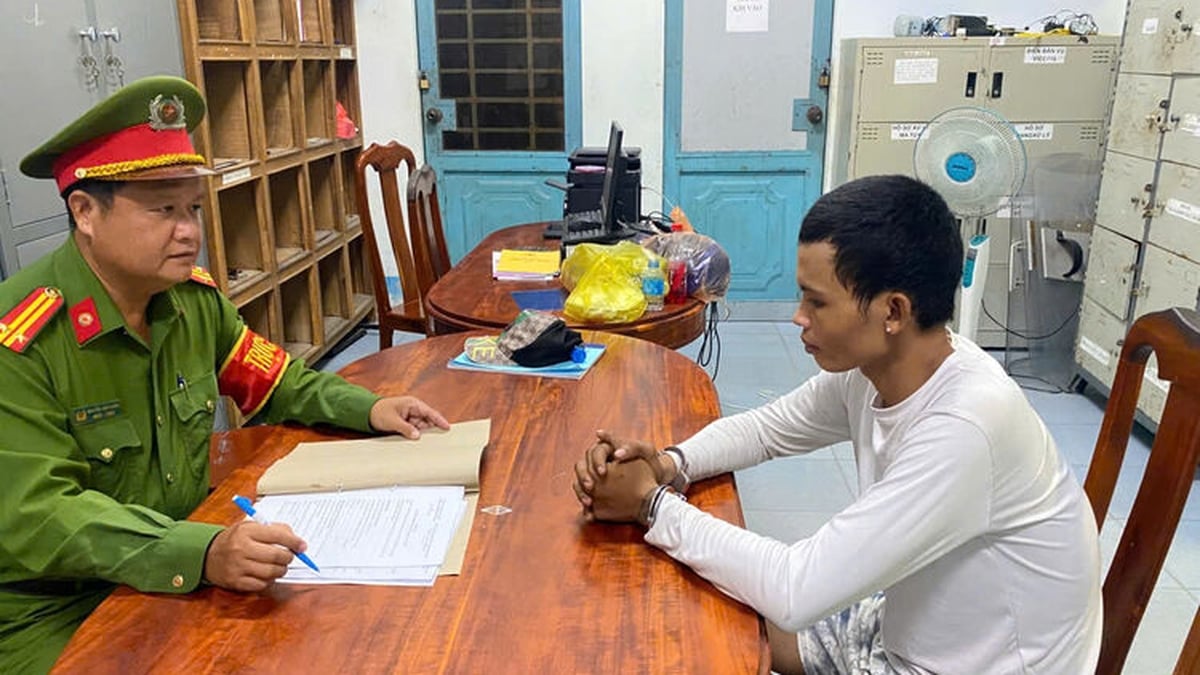
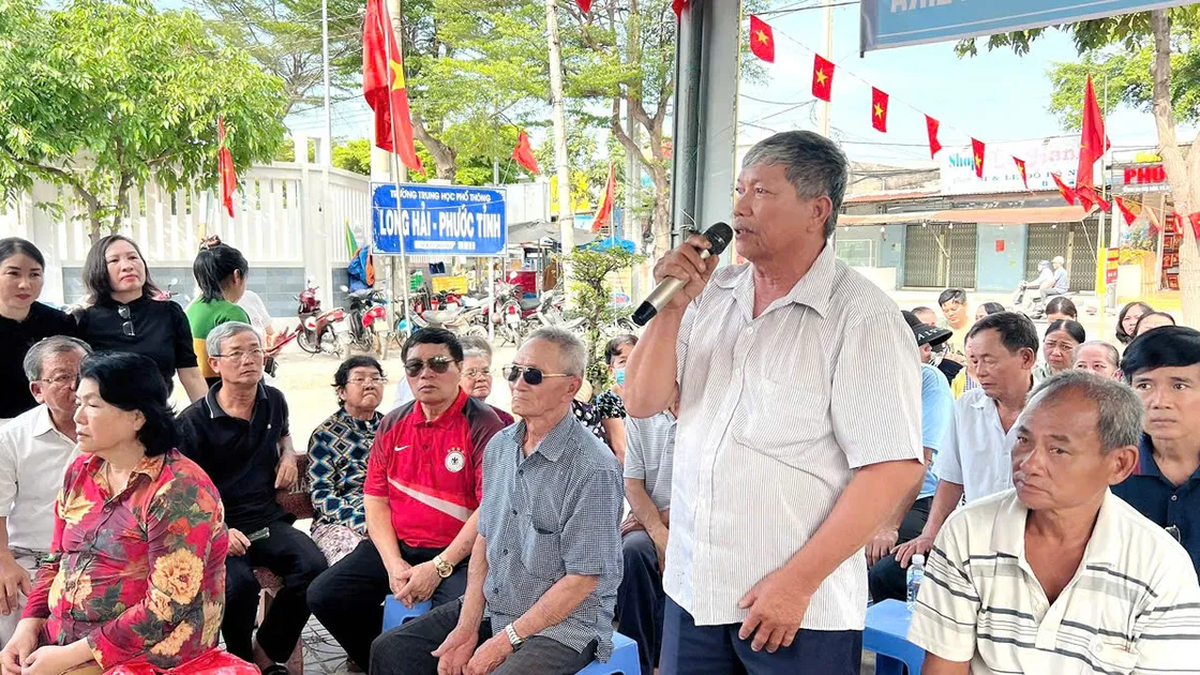
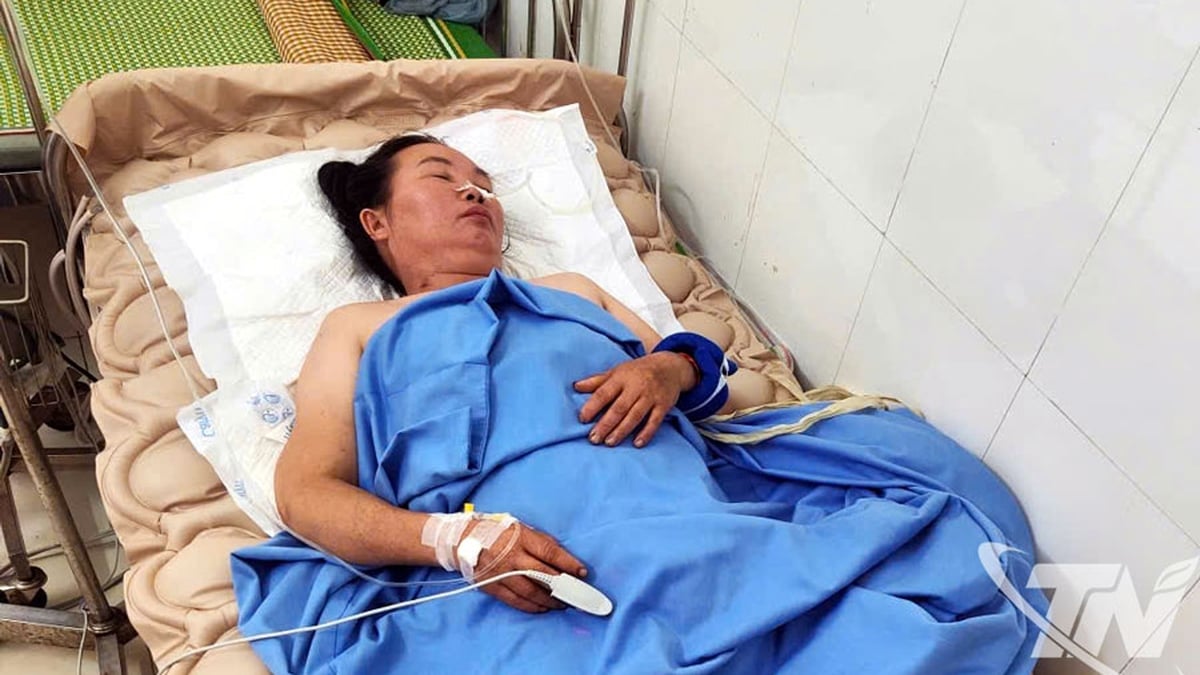
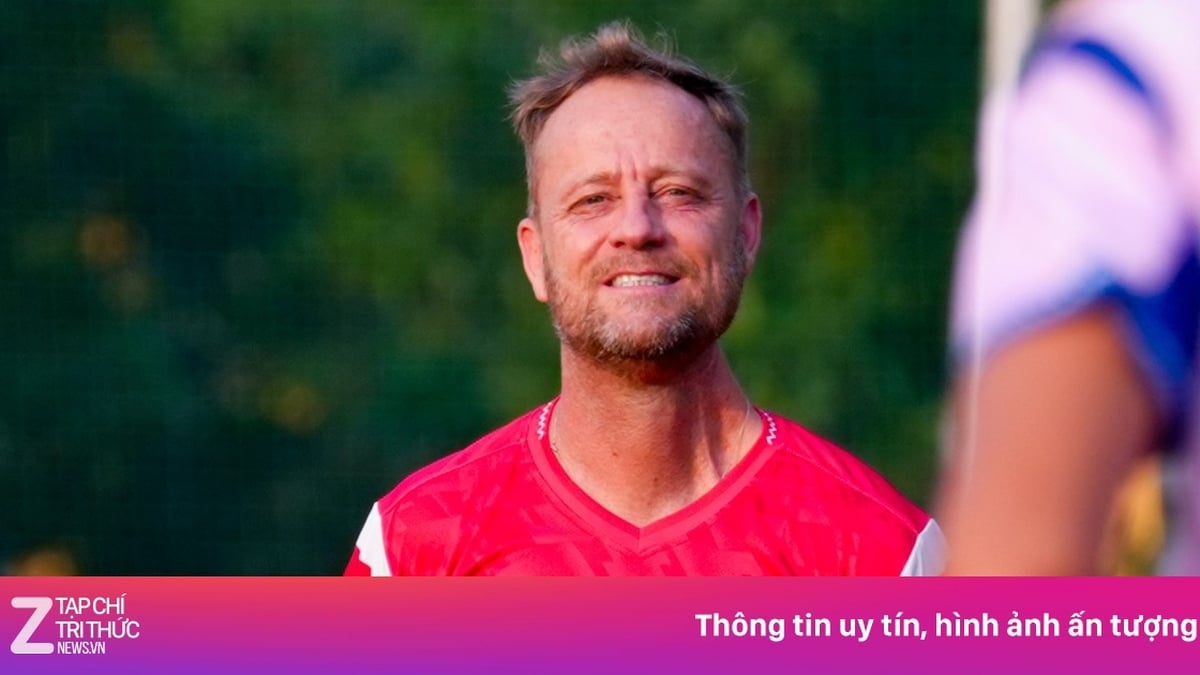
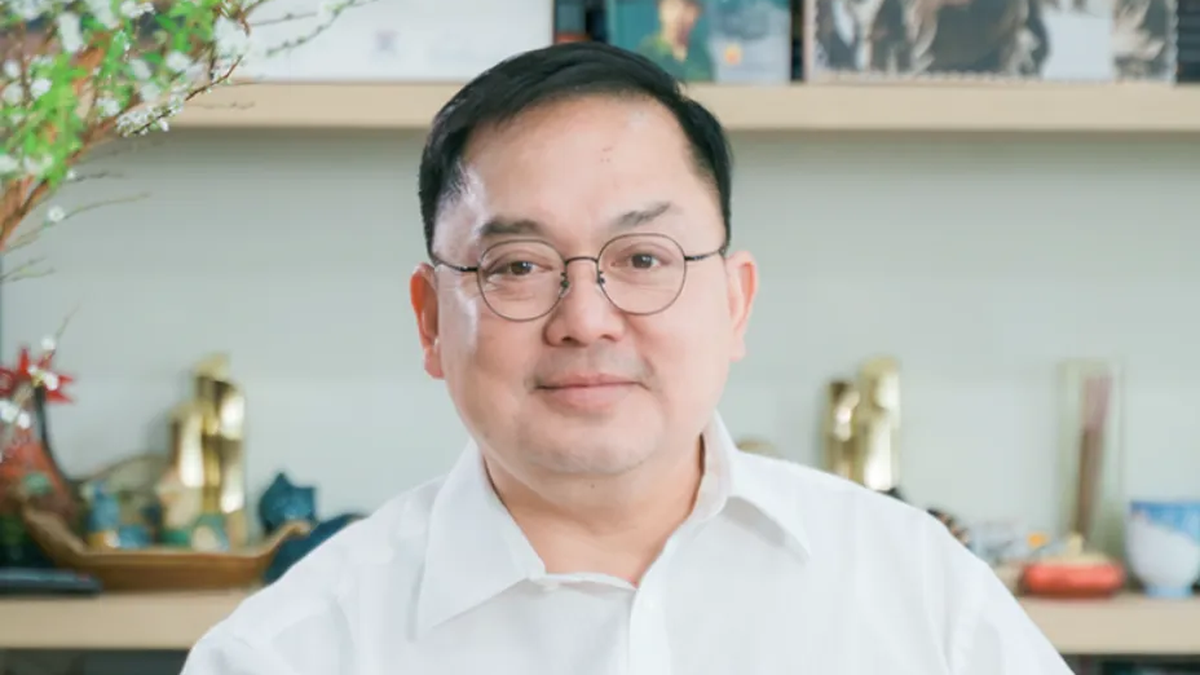
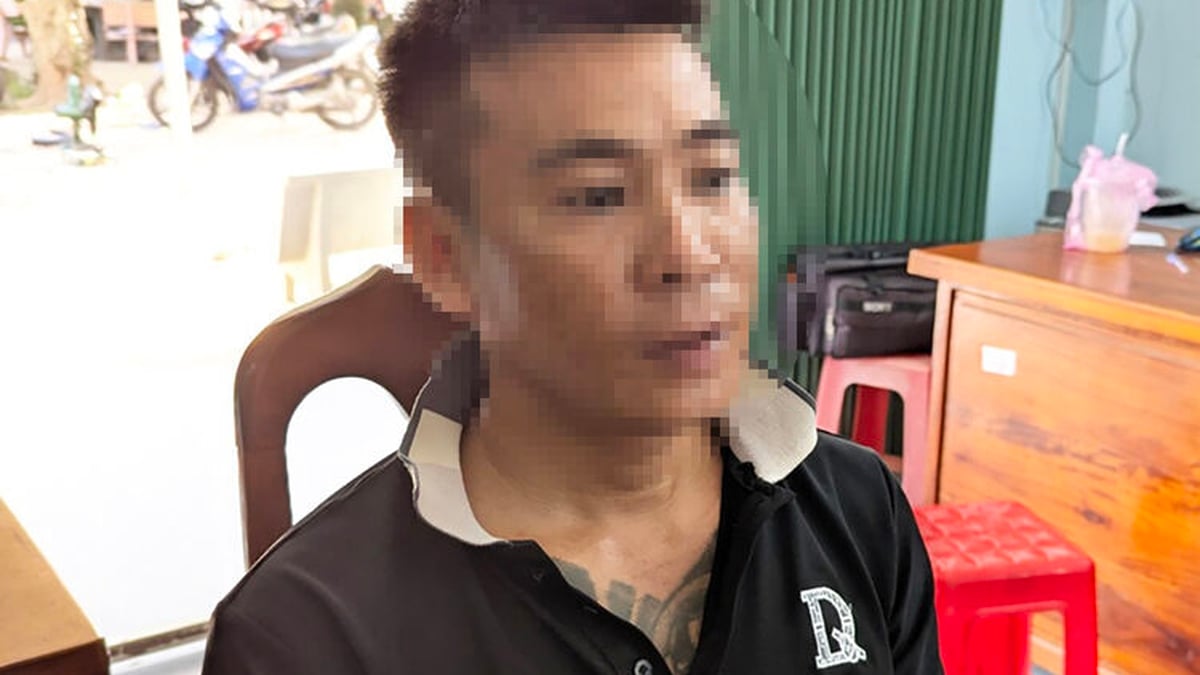
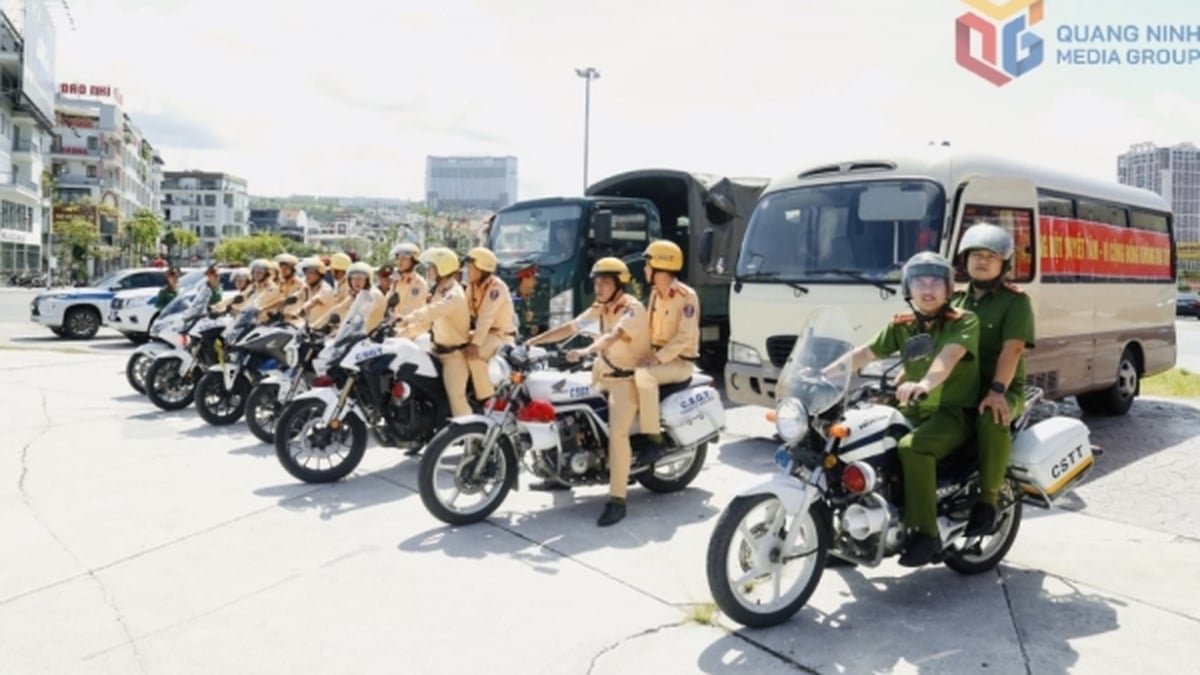


















































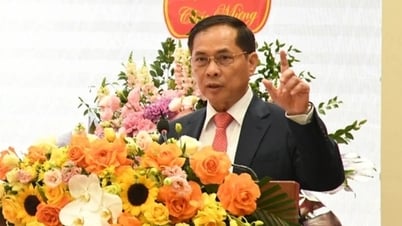



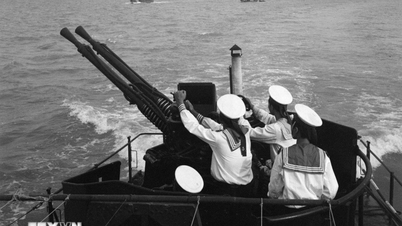

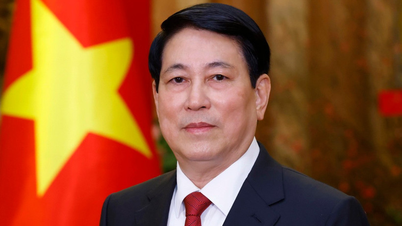
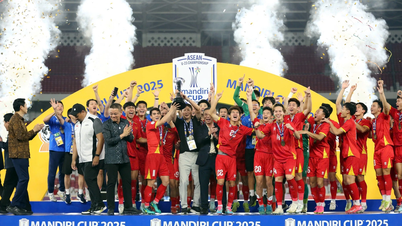
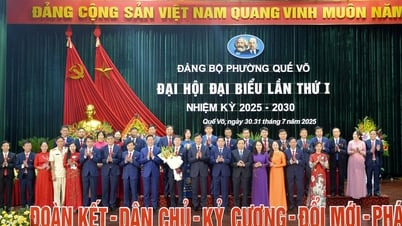

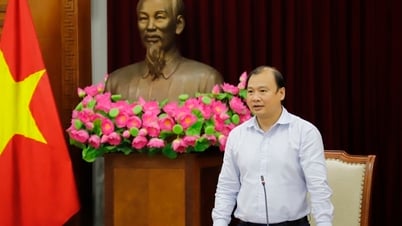

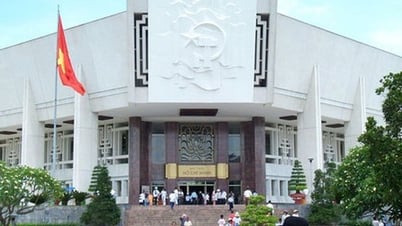



























Comment (0)